Debunking India's claims to Iran's Farzad B gas field
Last month, an Indian newspaper said the country's ONGC Videsh (OVL) had sought from Iran details of the Farzad B gas field development contract "so that it could decide on its participation in the project".
According to the Economic Times, Indian government officials claimed that even if Iran cooperated with another foreign country to develop the field, India would still have the right to take a minimum 30 percent stake in the project.
The Farzad B gas field was discovered by an OVL-led Indian consortium in the Persian Gulf in 2008. The Indians, the paper cited a government official as saying, were interested in bringing the field to production and had presented a development plan, but the Iranian government had decided to continue the project without foreign participation.
In February 2020, the National Petroleum Company of Iran (NIOC) informed the Indians about its intention to conclude the contract with an Iranian company. In May this year, it awarded a $ 1.78 billion contract to the Petropars group.
Many believed this was a setback for India, but the Indian government official "with direct knowledge of the matter", claimed that all was not lost on the project yet.
"Contractually, as the original licensee and someone who has discovered the field, the Indian consortium has the right to take a 30 percent stake in the project involving reserve development and gas production," the official claimed.
“The contract is very strong and clear. The licensee, in this case the Indian consortium, in his choice has the right to take 30 percent in the development project no matter who executes it,” the official added.
History of negotiations
Negotiations with OVL for the development of the Farzad B field began in 2008 and the two sides consequently reached a preliminary agreement, but in 2014 the Indian side unilaterally refused to continue cooperation under the pretext of sanctions.
After the 2015 nuclear agreement which removed sanctions on the Islamic Republic, Iran was able negotiate with major international companies, but it decided to approach the Indians again to show its goodwill.
However, the second round of talks got mired in prolonged bickering over the Indian side's request for extraordinary concessions and unconventionally low natural gas prices, which was opposed by the Iranian Ministry of Petroleum. Subsequently, changes were made in the operational processes and technical and financial features of the project in order to reach an agreement that would serve the interests of both parties.
During the meeting of the Iranian and Indian presidents in February 2018, the two sides stressed the need to speed up the negotiation process and Iran provided flexibility in terms of repayment and job descriptions which helped the two sides finally reach a technical and financial agreement.
However, the Indian consortium announced in 2018 that it would not participate in the project, citing the impossibility of working with its foreign advisers due to US sanctions.
Evidently, Iran's position has always been to engage Indian companies in development of its oil, gas, refinery and petrochemical sectors.
The Indians' repeated withdrawal from the Farzad B gas field, despite Iran's goodwill, angered even the country's analysts who acknowledged that the failure of the talks to develop the field was down to New Delhi's misguided foreign policy toward Iran.
Anti-Iran policies under PM Modi
Indian experts view the government of Prime Minister Narendra Modi veering from the West Asia-oriented policy and his support for the Trump administration's anti-Iran measures as a miscalculation.
India's foreign policy in the final years of Prime Minister Modi's term in office shifted significantly to the West, exemplified by the India-US strategic cooperation plan in various sectors, including energy.
India's welcoming of Abraham Accords on normalization with Israel, its silence on US assassination of General Qassem Soleimani and an Iranian nuclear scientist along with its decision to strengthen relations with the UAE at a time of heightened tensions between Iran and the Arab country were some of the signs of New Delhi's foreign policy change toward Tehran which has been criticized even by Indian observers.
What lies behind the Indian claim?
After Iran's decision to develop Farzad B by domestic companies, criticism of the Modi government for estranging New Delhi from Tehran and destroying bilateral relations increased, with many critics saying it had lost opportunities existing for India in Iran.
Faced with such criticism, Modi's supporters try to justify the government's policies by arguing that nothing has been lost and that the Indian consortium's withdrawal from Farzad B would in no way deprive it from the 30 percent stake in the project.
This claim is apparently intended for domestic consumption in order to silence Modi's critics and fundamentally at odds with the contractual agreements between Iran and India. In fact, what is recognized as the right of the Indian side for discovering Farzad B is the share of the Indian consortium in the development of the gas field, and not a 30 percent share in its exploitation. Hence, without participation in its development, India cannot claim a stake in the field.
What can India do?
India faces the highest growth in demand for energy in the world, especially gas, in the next decade. Given that Iran is the largest holder of conventional hydrocarbon resources – the largest natural gas and fourth largest oil reserves – it is potentially best placed as a key source of supply for India.
For transit, Iran is also India's only economic route to connect to the large Eurasian market. As a result, the interdependence of the two countries can provide many areas of cooperation for both parties.
Under the new administration, the Islamic Republic has changed from relying solely on the West for trade and set pivot to the East and expanding interaction with neighbors and the regional countries as a cornerstone of its foreign policy.
As a result, it seems that the right way forward for the Indian government is to develop bilateral economic cooperation, including on development of the Farzad B gas field, instead of making false claims.
India can boost its clout as a strategic and long-term partner of Iran and help advance the best interests of the two countries in a win-win partnership through forging extensive bilateral or multilateral cooperation in oil, gas, refineries and petrochemicals.
As the first step, India can resume buying Iranian crude oil and return to the Farzad B gas field. It can also revive the country's 2016 plan to invest $20 billion in Iran's upstream and downstream energy sectors and an LNG production project in Chabahar, and build a subsea pipeline to ship Iranian gas to the subcontinent.
This calls for a strong determination on the part of the Indian government to cast off its anti-Iran policies of the Trump era.
VIDEO | EU approves 90 billion euros more for Ukraine amid growing economic backlash
Trump calls Herzog ‘disgraceful’ for refusing to pardon Netanyahu
VIDEO | Gaza's sports sector devastation: No athletes at Italy's Winter Olympics
Iran elected vice-chair of UN Commission for Social Development
Historic gold for Iran as teen fencer wins World Cup title
VIDEO | Paris celebrates 47 years of Islamic Revolution in Iran
VIDEO | Killed twice: Palestinian-Americans and the price of silence
VIDEO | Pakistan slams US for publishing map depicting Kashmir as part of India


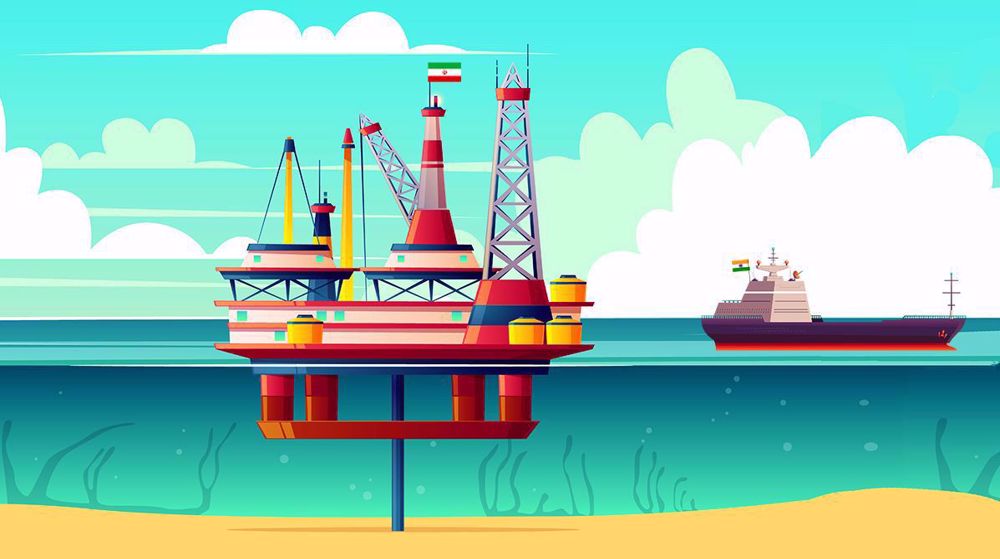
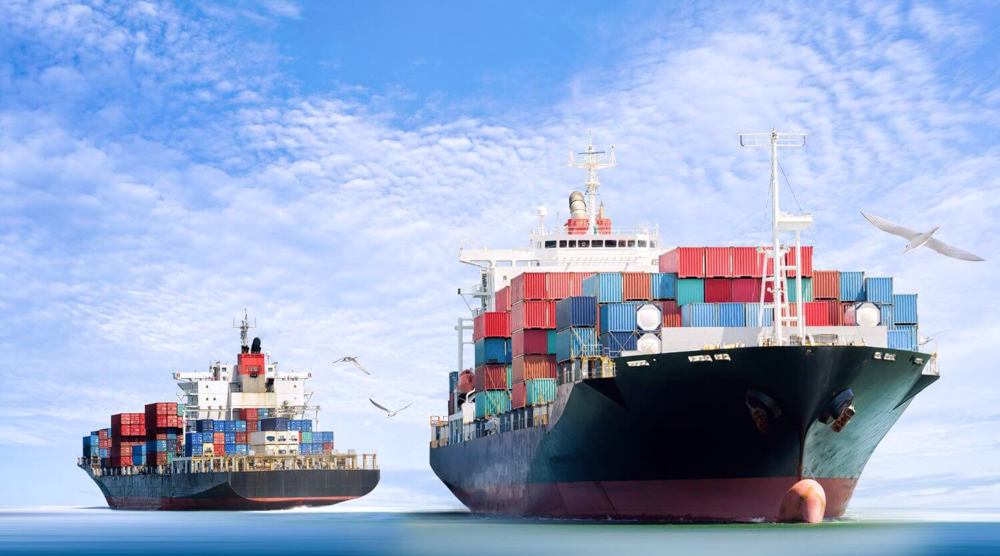
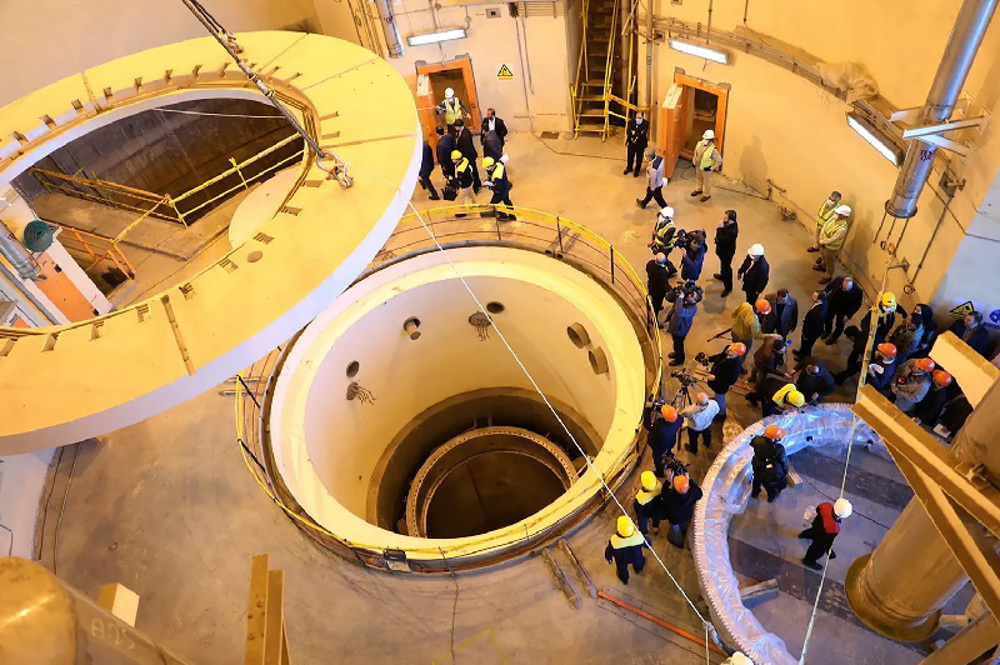
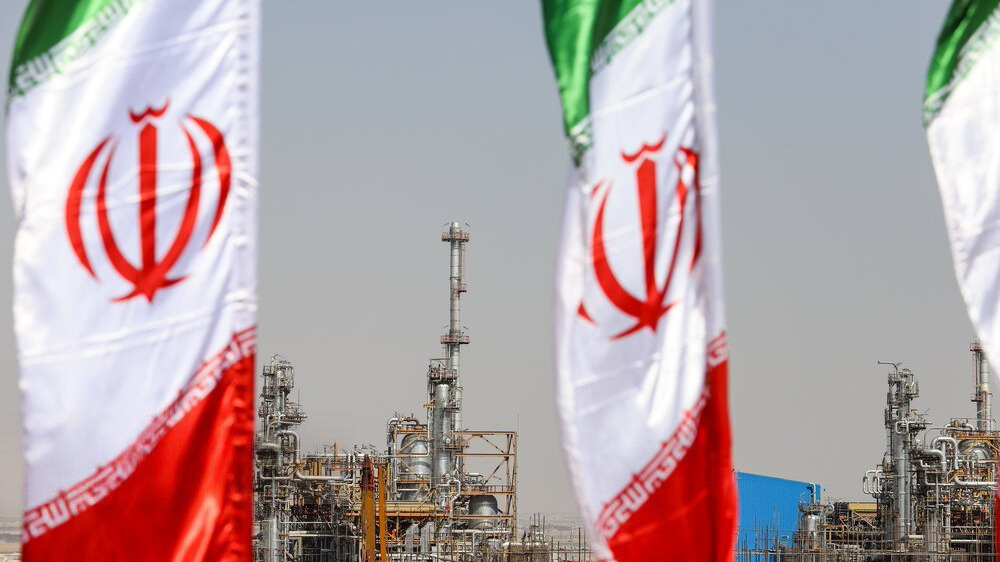
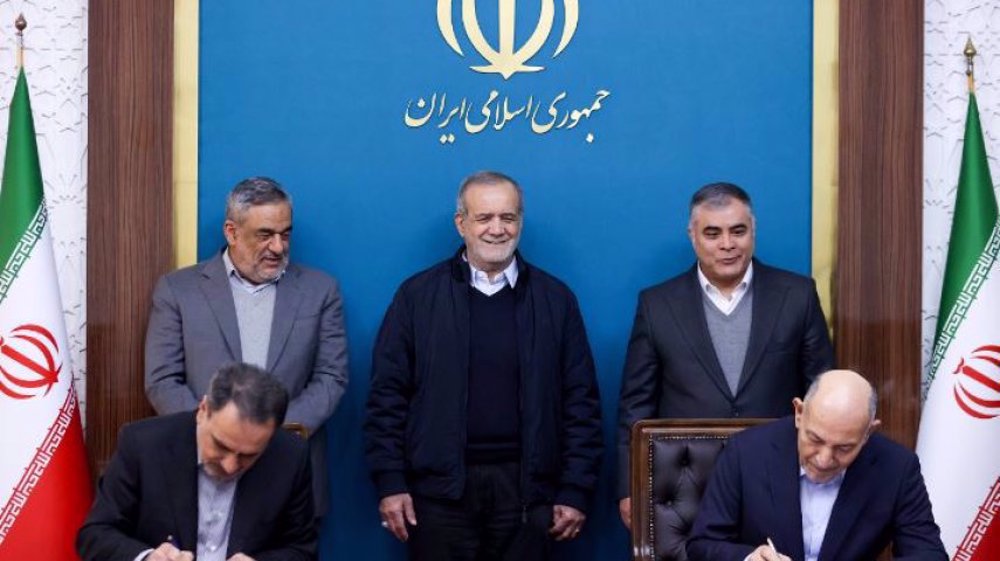




 This makes it easy to access the Press TV website
This makes it easy to access the Press TV website